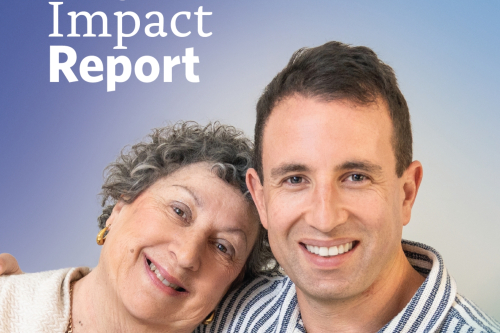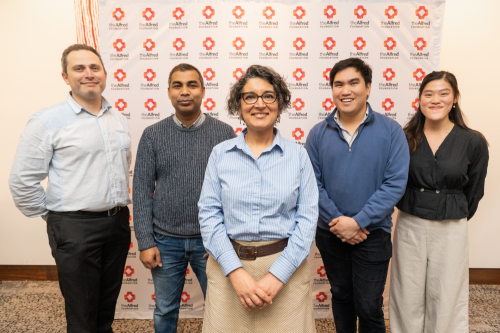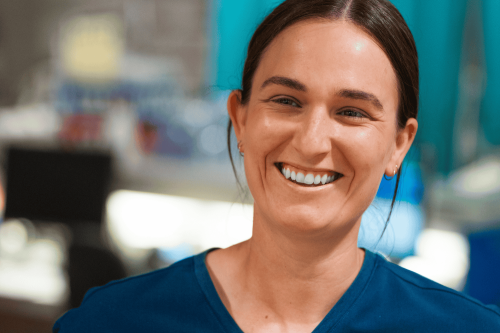ECMO in the community - a groundbreaking approach
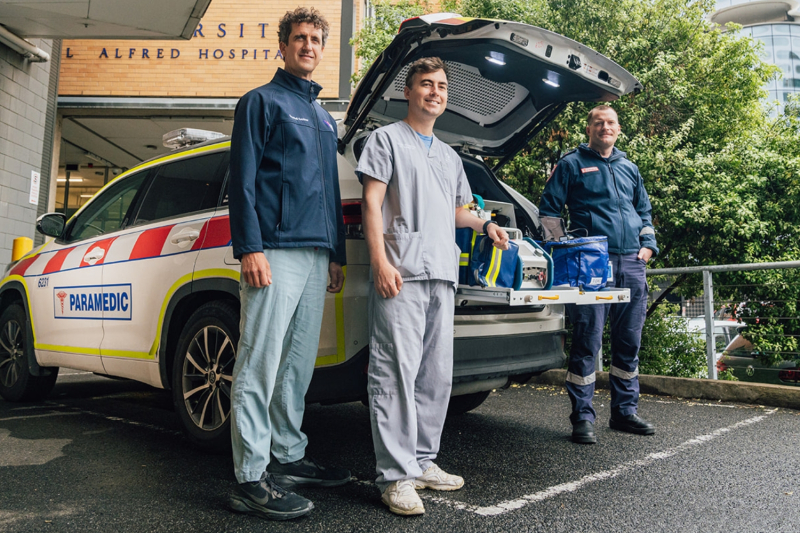
The Alfred is the first hospital in Australasia to incorporate a revolutionary clinical trial using portable cardiopulmonary bypass machines outside of the hospital.
At The Alfred, we are always pushing the limits as to what can be achieved.
This trial program is part of a broader scheme of transforming how we can care for the community in groundbreaking ways that are saving lives.
The program, in partnership with Ambulance Victoria and called CHEER3, is a feasibility study which provides lifesaving extra corporeal membrane oxygenation (ECMO) machines not only throughout the hospital, but in the community – in our parks, on our streets, in our homes.
An ECMO machine takes over from a critically ill patient’s lungs and heart when their own organs cannot function, by circulating blood through a machine outside their bodies.
The program is only used in the most dire of circumstances. For when a person has collapsed due to cardiac arrest, who has received immediate CPR from a bystander, and who has received at least 15 minutes of paramedic-delivered CPR and attempts at defibrillation and, despite all this, the heart has been unable to restart using conventional methods.
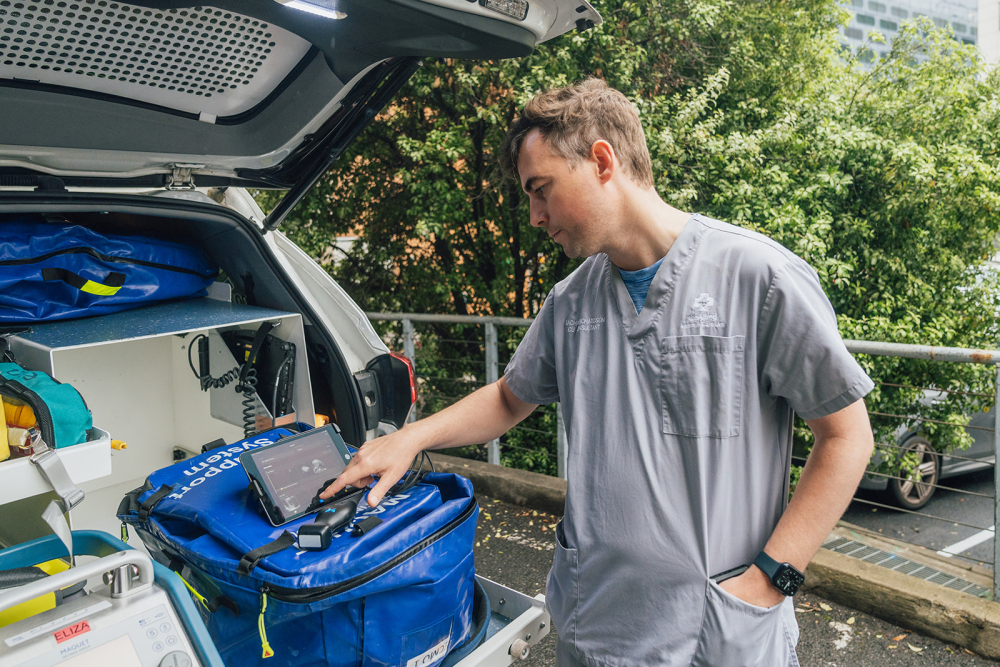
Program Director and Senior Intensivist Dr Sacha Richardson said for people who do not have their heart restarted during that time, “your chances of survival are dismal”.
“Beyond 30 minutes (since the initial collapse), the survival rate falls below 2 per cent,” he said. “So only one in 50 people are going home.
“This therapy is a last line of defence.”
The concept of using ECMO machines for cardiac arrest was pioneered by Prof Steve Bernard, an intensivist at The Alfred in the early 2010s. Since the program started in 2020, 27 patients have received this pre-hospital ECMO.
Incredibly, eight people have gone home to their families with excellent neurological outcomes – despite an average of more than 45 minutes of CPR – returning to full-time work and an active lifestyle. A further three people whose lives could not be saved, were still able to donate organs and tissues.
“We were the first in Australasia to do it,” Dr Richardson said. “We are one of perhaps half a dozen cities around the world that have the capability for it, but The Alfred already has so much experience looking after many ECMO patients.”
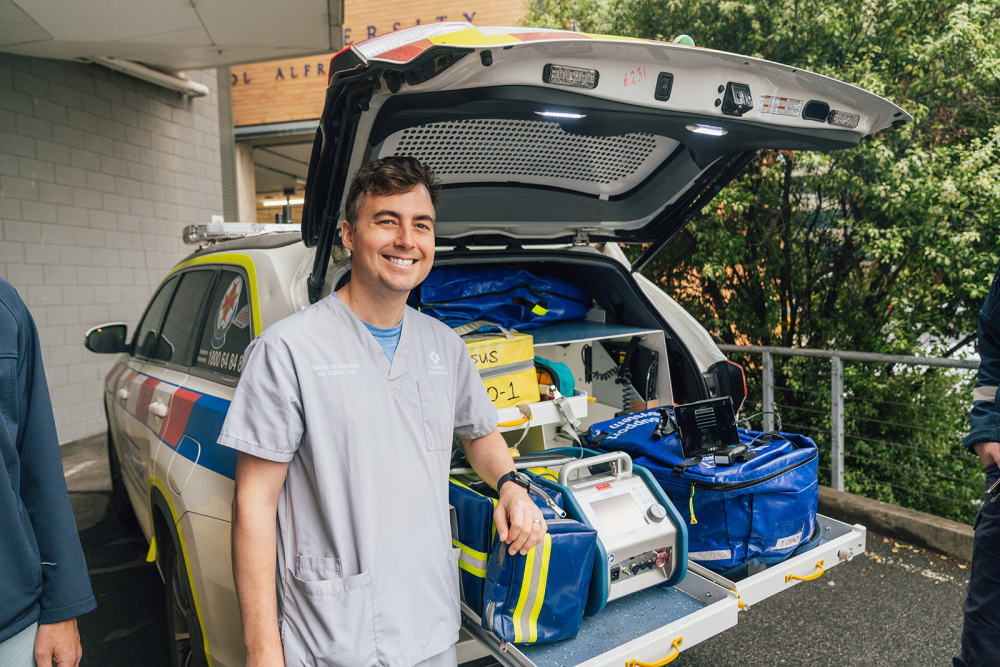
Support from donors has helped this groundbreaking trial by funding a new replacement portable ultrasound machine, which is integral to the operation of the program.
Used to insert the large bypass cannulas to establish the ECMO without the need for an X-ray machine, the procedure simply could not be done without it.
“When you consider that the first cardiopulmonary bypass machines that were developed in the 1950s were completely immobile and the size of a chest freezer, the technological advancement to where they can now be hand carried and put in the back of an ambulance or car, is just incredible,” Dr Richardson said.
“Coupled with the portable ultrasound machine, we can put patients on bypass just about anywhere.”
With more people witnessing these events and wearable technologies able to identify cardiac arrest, the importance of the effectiveness of the trial will only grow over time, Dr Richardson said.
“It will lead to a greater pool of patients who can potentially benefit from this therapy,” he said. “That is why it is important that we build a system that is able to accommodate and expand to service that need and hopefully save many, many more lives.”
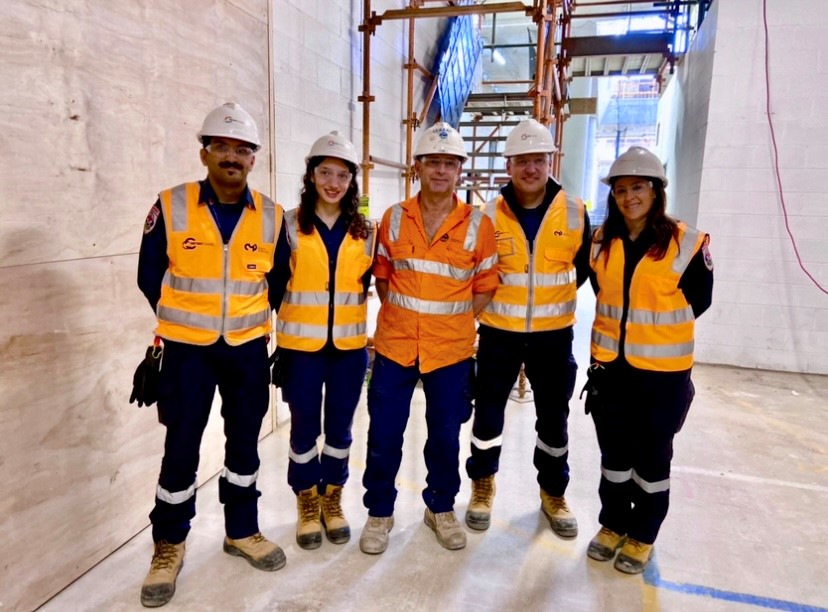
Dean Barber will remain forever grateful to the trial and The Alfred.
Installing air conditioning in the Metro Tunnel Project in May 2021, Dean was unloading a crane when he suddenly collapsed. Fortunately, two colleagues in a scissor lift saw what happened and immediately came to start CPR.
After being stabilised on scene and retrieved by the CHEER3 team, Dean spent five days in intensive care and about three weeks in total at The Alfred before coming home.
“It’s unreal technology. It’s lifesaving stuff,” he said.
Dean is now back to full-time work and enjoys running around the footy field with his son.
“I am just so thankful to everyone at The Alfred,” he said. “Without them and their hard work and dedication, I simply wouldn’t be here. I will be forever in their debt.”

